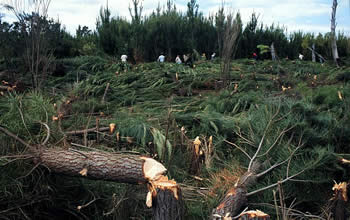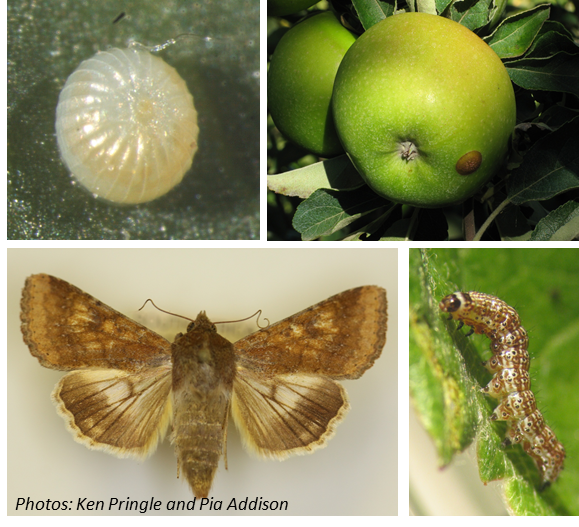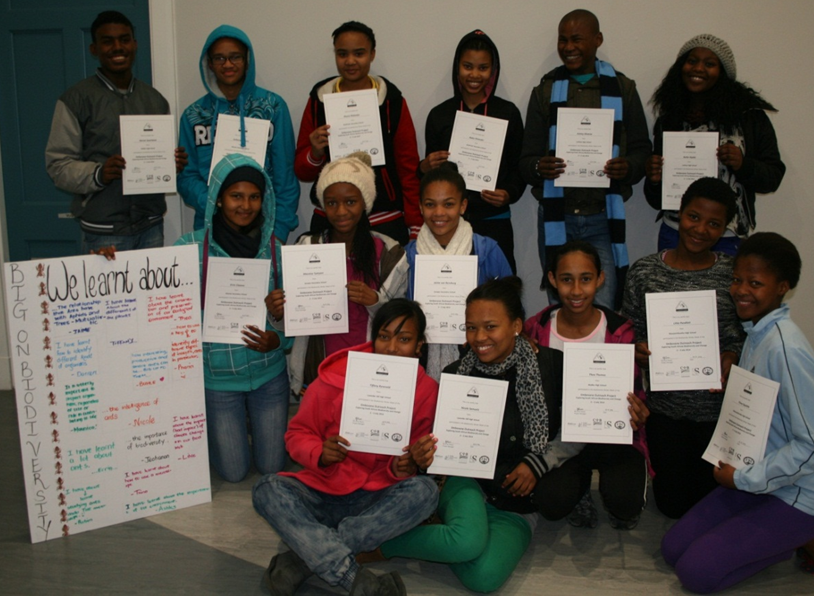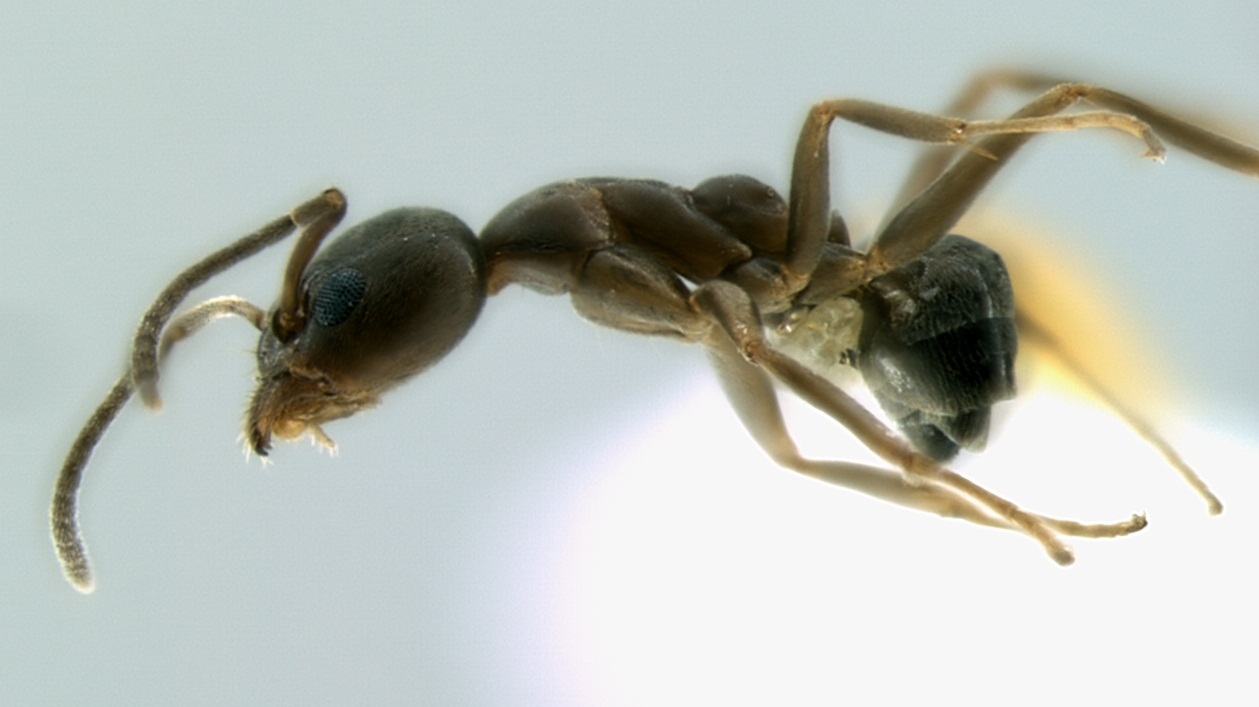Protected areas proven to conserve biodiversity
Protected areas conserve biodiversity and more action is needed to ensure safeguards are in place to protect these areas, were two of the main findings of a recent study by C·I·B researchers. Published in the scientific journal, PLOS ONE, researchers from the Centre for Invasion Biology, Monash University (Australia), and the University of Exeter (UK), used meta-analysis - combining results from different studies - to look at the past 30 years of research into protected areas, to determine whether they actually protect biodiversity.




